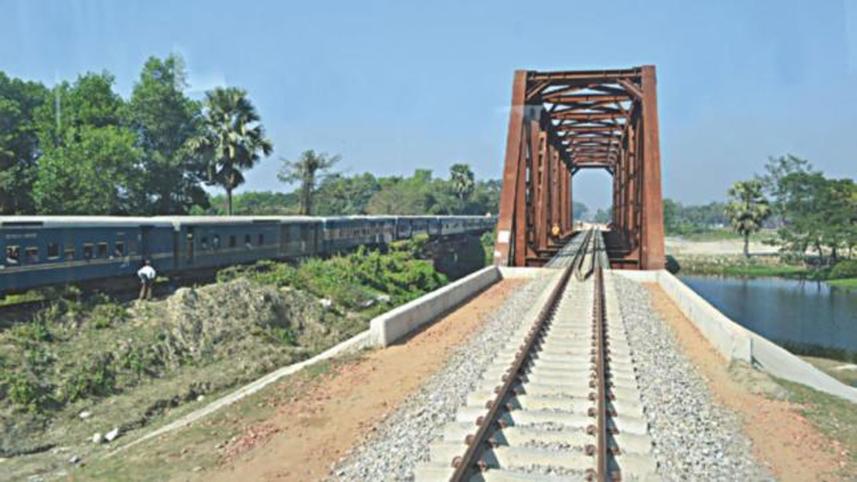No decision on Electric Traction System for six years!

According to a report published by The Daily Star on May 27, even after six years the Bangladesh Railway (BR) still has not been able to decide on introducing an electric train service in the country which could make this mode of transport both more efficient and environment friendly. The confusion of how to bring about such a massive change in our railway system lies mostly in the selection of rail routes like Dhaka-Narayanganj. Dhaka-Chattogram, etc. Why is it taking so long?
If we just look at India, it has a whopping 45,881 km of rail tracks, among which a staggering 71 percent has been electrified till March, 2021. The railway lines in Bangladesh are only 3,019 km, on which both diesel-powered broad-gauge and meter-gauge trains ply regularly. The process of turning a country's rail tracks into electric ones is known as Electric Traction System (ETS), which is both cost effective and environment friendly. According to officials, if BR can implement electric traction system, 35 percent of the operation cost and 30-50 percent of maintenance cost of BR will be saved. Another specialist, who is also a former BR engineer, says that the cost of an electric locomotive is lesser than that of a diesel locomotive. Besides, BR spends a large amount of money on diesel. Also, ETS can be applied to the existing rail lines without taking any further initiative from the government to lay out new rail tracks.
So why are we not taking advantage of this wonderful opportunity? The reality is quite disheartening. The aforementioned report mentions that BR had prepared a proposal for ETS in February, 2015. It has been more than six years now but there is still no activity from the government's side to implement the project. The proposal is just passing from one hand to another. According to some current and former BR officials (wishing not to be named), a section of railway officials are benefitting from the decades-old diesel-powered rail operation system. These are the people who seem to be blocking the path of establishing ETS. Also, a large sum of money is spent every year for procurement and maintenance of diesel engines. As a result, if ETS is executed, certain corrupt officials inside the BR will lose their illegal benefits.
We urge the government to ramp up the process of implementing the proposal of BR to introduce electric train system as soon as possible. With reduced uses on diesel, the government will be able to save a large portion of peoples' money and use it in some other urgent development projects. Also, the government has to bring the corrupt officials to book and make sure that graft doesn't take place during the implementation of ETS.



 For all latest news, follow The Daily Star's Google News channel.
For all latest news, follow The Daily Star's Google News channel.
Comments